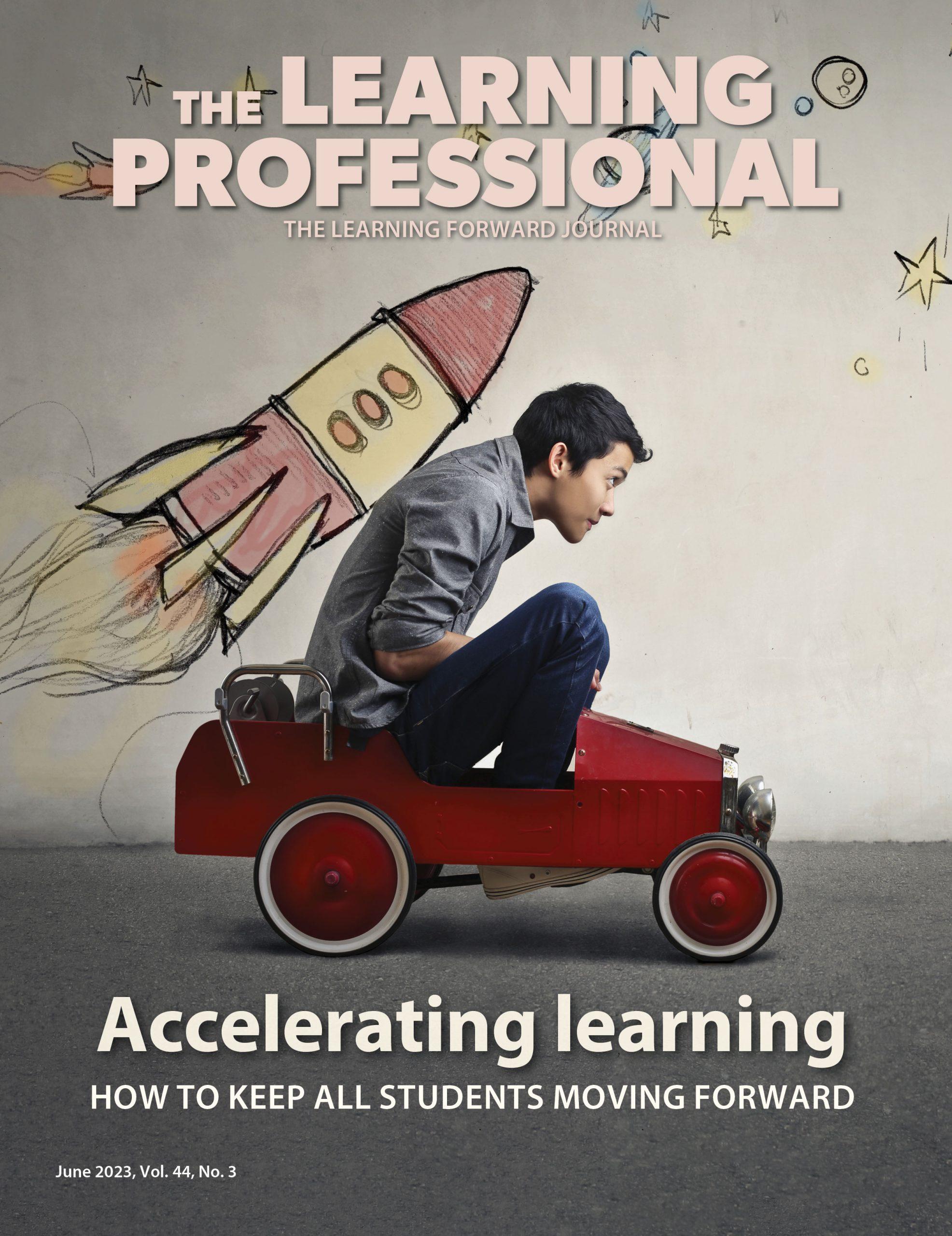FOCUS
Partners in a common cause
External evaluators team with practitioners to build data use practices
By Margie Johnson and Stephanie B. Wilkerson
April 2017
Vol. 38 No. 2
Read the remaining content with membership access. Join or log in below to continue.
Sed ut perspiciatis unde omnis iste natus error sit voluptatem accusantium doloremque laudantium, totam rem aperiam, eaque ipsa quae ab illo inventore veritatis et quasi architecto beatae vitae dicta sunt explicabo. Nemo enim ipsam voluptatem quia voluptas sit aspernatur aut odit aut fugit, sed quia consequuntur magni dolores eos qui ratione voluptatem sequi nesciunt. Neque porro quisquam est, qui dolorem ipsum quia dolor sit amet, consectetur, adipisci velit, sed quia non numquam eius modi tempora incidunt ut labore et dolore magnam aliquam quaerat voluptatem.
Stephanie B. Wilkerson (stephanie@magnoliaconsulting.org) is president of Magnolia Consulting in Charlottesville, Virginia. Margie Johnson (margie.johnson@mnps.org) is business intelligence coordinator for Metro Nashville Public Schools in Nashville, Tennessee.
References
Cousins, J.B. (2003). Utilization effect of participatory evaluation. In T. Kellaghan, D.L. Stufflebeam, & L.A. Wingate (Eds.), International handbook of educational evaluation (pp. 245-265). Boston, MA: Kluwer Academic.
Hall, G.E. & Hord, S.M. (1987). Change in schools: Facilitating the process. Albany, NY: State University of New York Press.
Lipton, L. & Wellman, B. (2012). Got data? Now what? Bloomington, IN: Solution Tree.
Love, N. (2009). Using data to improve learning for all: A collaborative inquiry approach. Thousand Oaks, CA: Corwin.
Love, N., Stiles, K.E., Mundy, S., & DiRanna, K. (2008). The data coach’s guide to improving learning for all students: Unleashing the power of collaborative inquiry. Thousand Oaks, CA: Corwin.
Patton, M.Q. (2008). Utilization-focused evaluation. Newbury Park, CA: Sage.
Wayman, J.C., Wilkerson, S.B., Cho, V., Mandinach, E.B., & Supovitz, J.A. (2016). Guide to using the Teacher Data Use Survey (REL 2017-166) [Survey and guide]. Washington, DC: U.S. Department of Education, Institute of Education Sciences, National Center for Education Evaluation and Regional Assistance, Regional Educational Laboratory Appalachia. Available at https://ies.ed.gov/ncee/edlabs/regions/appalachia/pdf/REL_2017166.pdf.
Wilkerson, S.B. & Haden, C. (2014). Effective practices for evaluating STEM out-of-school time programs. Afterschool Matters, 19, 10-19.
Recent Issues
TAKING THE NEXT STEP
December 2023
Professional learning can open up new roles and challenges and help...
REACHING ALL LEARNERS
October 2023
Both special education and general education teachers need support to help...
THE TIME DILEMMA
August 2023
Prioritizing professional learning time is an investment in educators and...
ACCELERATING LEARNING
June 2023
Acceleration aims to ensure all students overcome learning gaps to do...








